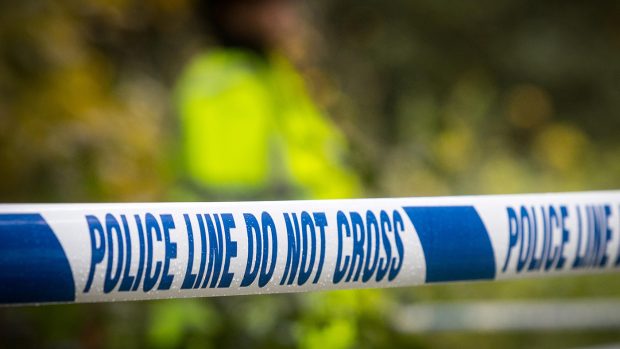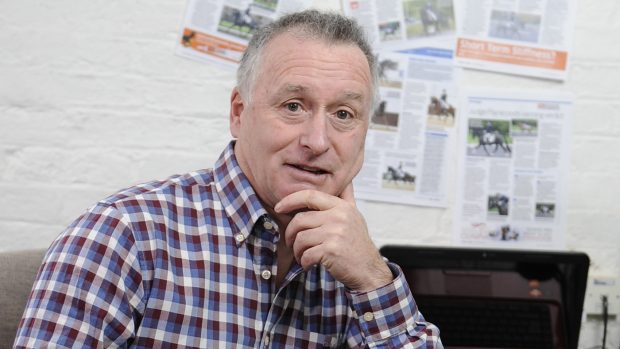A family of baby blue tits were discovered living in the wing mirror of a horsebox – which had travelled for over three hours to an event.
Having arrived at the show in Somerset last Saturday (27 May), the drivers were alerted to their stowaways by a chorus of hungry cheeping.
“They worked out it was coming from the lorry wing mirror,” Pauline Kidner, founder of the Secret World Wildlife Rescue charity, told H&H.
“We sent out a response driver but when they got there, they said there was no way they could get in the mirror. So the lorry owners very kindly disconnected it, we promised we wouldn’t damage it, and we brought it back.”
At Secret World, wildlife carer Dan Bryant managed, very carefully, to extract the fledglings one at a time, until all eight were out and demanding food.
Ms Kidner explained that it was in the chicks’ best interest to be removed from the mirror.

“They were very young, about a week old, so they would have been being fed almost hourly,” she said. “We couldn’t have left them where they were.”
She added that in such situations, mother birds will try to look for their chicks for a certain amount of time but it would have been “very much in the lap of the gods” as to whether the adult blue tit would have returned to the nest.
All the fledglings are thriving, and Ms Kidner said the charity will follow its usual procedure with baby birds.
“Most garden birds are independent about three weeks after hatching,” she said. “Once they’re starting to feed themselves, they’ll go in an aviary to make sure they are self-feeding and doing ok, for at least two weeks. Then they’ll go to a release site, with another aviary where they can be monitored for a week while they get used to their surroundings. The aviary is open so they can fly out, but come back if they need to.
“We help more than 5,000 animals every year but it’s always been my feeling that if you’re going to put so much time and effort into orphans, sometimes feeding them every hour, day and night, you’ve got to give them the best possible start when you release them.”
Ms Kidner added that the wing mirror was returned unscathed to its owners.
“It was working when they reconnected it, and the owners were very pleased to hear that all the chicks had been saved,” she said. “A good result all round.”
You might also be interested in:

‘We were lucky’: rider’s safety warning after birds’ nests almost cause lorry fire
“There are lots of normal people like me who just get in the lorry, put the horse on and off

5 reasons a horsebox is better than a car

Subscribe to Horse & Hound magazine today – and enjoy unlimited website access all year round
Horse & Hound magazine, out every Thursday, is packed with all the latest news and reports, as well as interviews, specials, nostalgia, vet and training advice. Find how you can enjoy the magazine delivered to your door every week, plus options to upgrade your subscription to access our online service that brings you breaking news and reports as well as other benefits.




